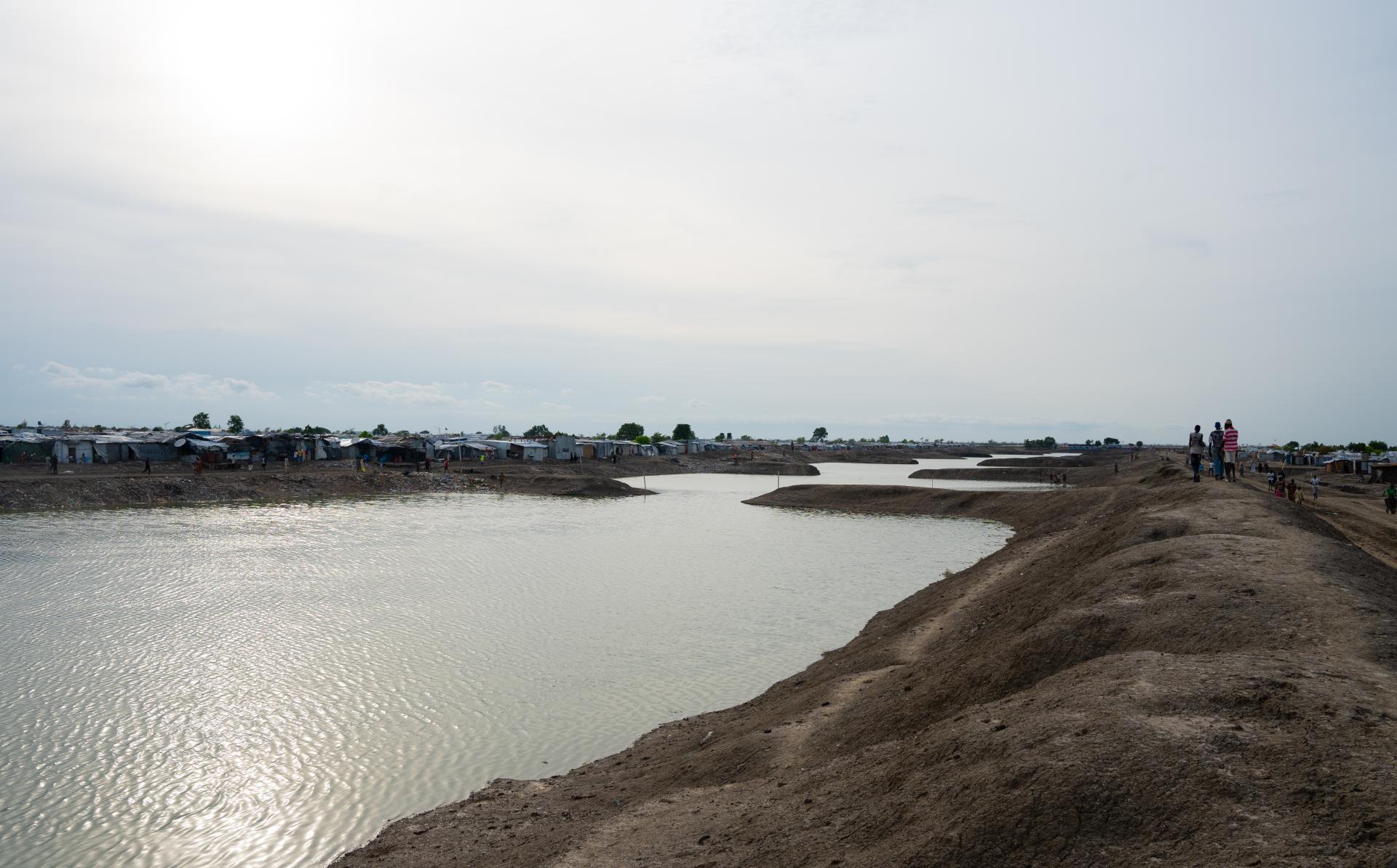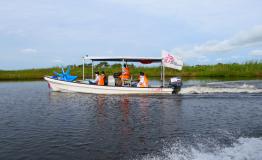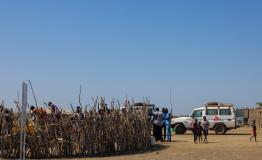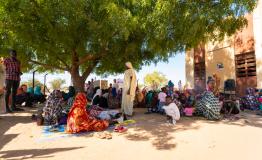Juba, South Sudan, 16 July 2024 – Devastating floods are expected in South Sudan and threaten to worsen food insecurity and access to safe clean water, sanitation and hygiene facilities for the already vulnerable people. This warning comes from Médecins Sans Frontières/Doctors Without Borders (MSF), while the High-Level Political Forum (HLPF) for Sustainable Development 2024 continues in New York.
South Sudan ranks seventh in the world for people’s vulnerability to river floods
Recent forecasts indicate an increased likelihood of above-normal rainfall and large volumes of water being released from Lake Victoria and Jinja dam into the Nile River system. This would probably cause peak flooding on a scale unprecedented in the last century.
“The predicted increase in rainfall in 2024 is very concerning given the number of people at risk in flood-prone areas, threats to water, sanitation and hygiene, and the risk of water and vector borne disease transmission, particularly in internally displaced people’s camps or transit centers where people are living in overcrowded conditions with limited access to livelihoods." says Joe Aumuller, MSF epidemiologist activity manager.
Refugees and returnees from Sudan, now over 740,000
In Bentiu town, children living in internally displaced people camps are facing food shortages. According to the nutritional screening done by the Rubkona County Health Department, nearly 19% of children under five screened in June 2024 were found to be acutely malnourished, with 6% suffering from severe acute malnutrition (SAM). The combined threshold for moderate and severe acute malnutrition (Global Acute Malnutrition rate - GAM) that signals the need for urgent action is 14.1%, highlighting a severe nutritional emergency in this flood-affected area.
This is a significant threat to children's lives, as well as their long-term health and development. Malnourished children under five years old have impaired immunity and are most at risk of life-threatening diarrhoea.
During the floods of 2021 and 2022, MSF reported a surge in diarrhoea cases among children under five in Bentiu camp for internally displaced people. Cases rose from 2,300 in 2020 to an average of 5,200 during 2021 and 2022, then decreased to 2,400 in 2023 as flooding began to subside. The stagnant water created by flooding also serves as a breeding spot for mosquitoes, raising the risk of malaria, the leading cause of illness and death among children under five years
The expected severe flooding will likely cause further displacement, crop and livestock losses, aid disruptions, and increased disease outbreaks such as hepatitis E, which has become endemic in some places in South Sudan.
MSF calls on leaders and humanitarian organisations to take immediate action to protect the people from the devastating effects of floods by developing flood-resistant water, health, and education systems in South Sudan.
“It is very clear South Sudan needs support to cope with extreme flooding and further consequences of climate change, let’s hope that the High-Level Political Forum for Sustainable Development talks will help make this a reality for South Sudan, or the cost on human lives will continue to rise.” said Ibrahim Muhammad, MSF’s head of mission in South Sudan



